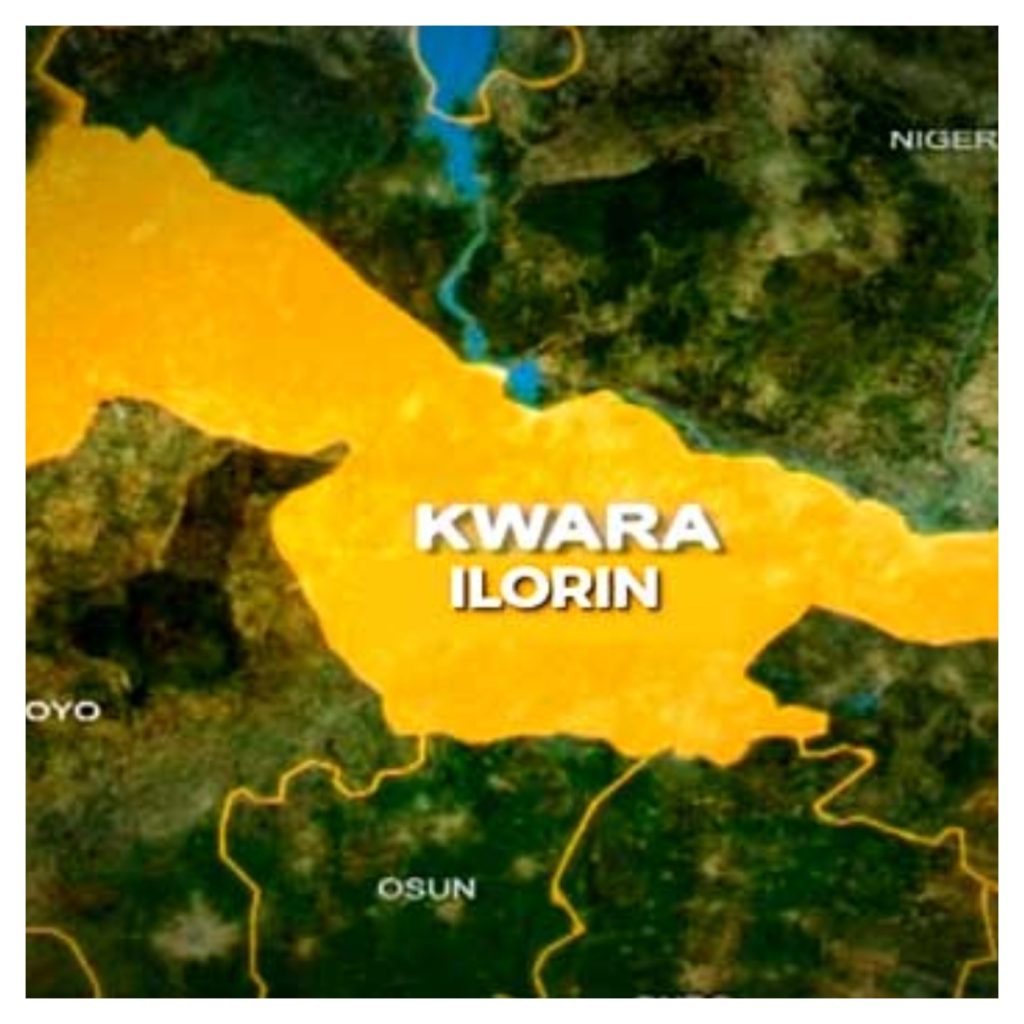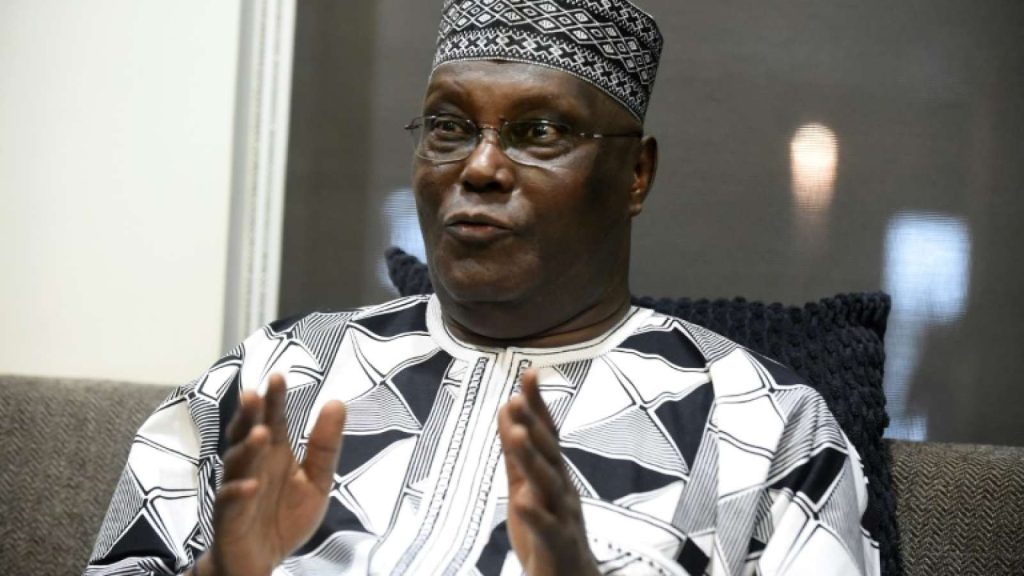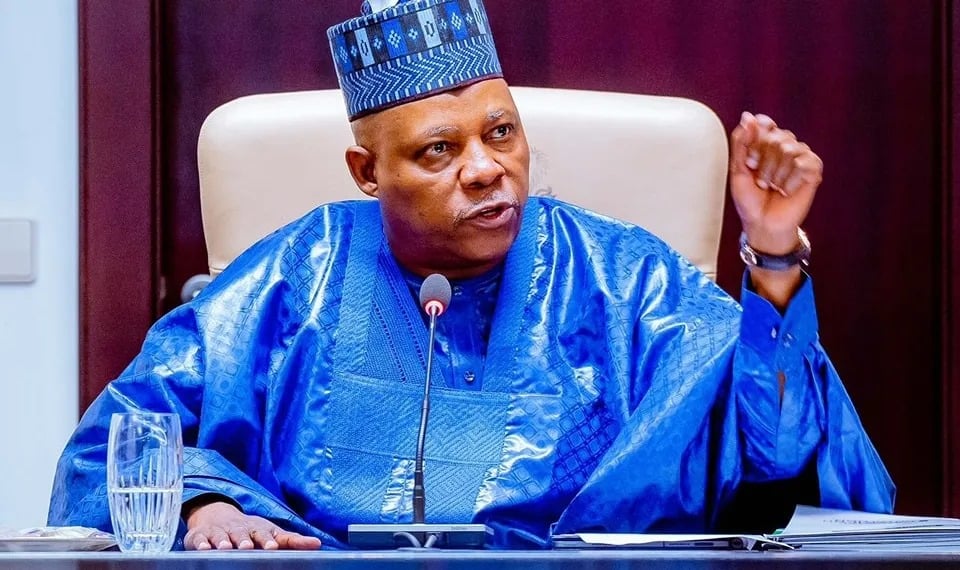Minister of Information and National Orientation, Mohammed Idris, has stated that the removal of fuel subsidy by President Bola Tinubu’s administration has freed up resources for national development. This statement was made during the “Tinubu Administration Mid-Term Sensitisation Campaign” in Minna, where the minister was represented by Dr Asabe Sule-Garba, Head of Federal Information Resource Centre.
The campaign highlighted significant progress made in various sectors of the economy since the removal of fuel subsidy in May 2023. According to the minister, the reforms being implemented by the Tinubu administration aim to create a more stable, fair, and prosperous Nigeria. These reforms, built on the foundation of the Renewed Hope Agenda, have allowed the administration to redirect funds to critical projects, social services, and economic stability initiatives.
The essence of the campaign is to emphasize the importance of citizens’ engagement in government policies and programmes. The minister noted that citizens can only hold leaders accountable when they stay informed about government policies and programmes. He urged citizens to spread government policies and programmes to their families, neighbours, and communities, particularly in the North Central region, to ensure peace and prosperity.
Federal Controller of Works in Niger, Eyitayo Aluko, represented by Felix Thomas, Assistant Chief Engineer, outlined the Federal Ministry of Works’ landmark achievements in Niger. These include the construction of the Minna-Zungeru-Tegina road, Tegina-Kontagora road, and the dualization of the Ilorin-Jebba-Mokwa road, aimed at improving state infrastructure and facilitating the movement of goods and services.
Additionally, Suleiman Ladan, State Coordinator of the Federal Ministry of Agriculture and Food Security, highlighted the ministry’s projects in Niger, including the construction of irrigation facilities, trade structures, and research interventions. These projects aim to enhance agricultural productivity and create jobs for Nigerians. The ministry also distributed emergency relief materials to IDP camps and farmers in Niger, including 6,000 bags of rice.
The sensitisation campaign was attended by market women, artisans, NGOs, and people living with disabilities. The event reinforced the significance of citizen engagement and the administration’s efforts to redirect resources towards critical projects and social services, following the removal of fuel subsidy. As the administration continues to implement its reforms, the outcome of these efforts will be crucial in determining the country’s development trajectory.



